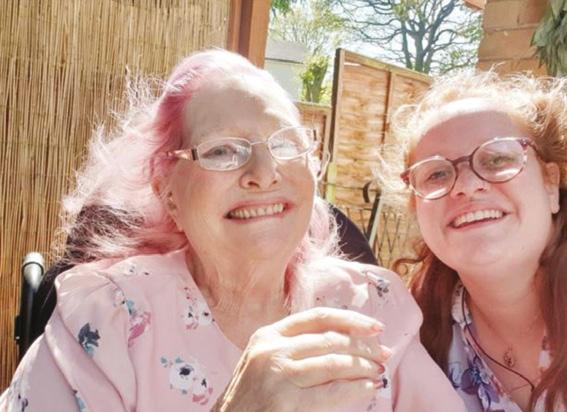FINANCIAL & LEGAL
Stress points in catastrophic INJURY LITIGATION Litigation is stressful for claimants. Professionals working with people going through the court process should understand the stress points so that they can support the claimant as these arise.
P
art of the role of a solicitor conducting litigation on behalf of an injured person is to minimise the stress they experience. The solicitor needs to progress the case continually and have a clear Ben Townsend strategy to bring it to a conclusion. Many brain injury survivors will be unable to make decisions on their case personally because they lack capacity. While some will welcome this, others will find the lack of control frustrating.
EARLY STAGES OF LITIGATION
The defendant’s response can be a source of stress for the claimant, particularly if the defendant fails to provide a proper response and states that their investigations haven’t concluded. Potentially even worse for the claimant, the defendant may allege that the accident was partially or even entirely the claimant’s fault. This is an understandable point of stress for the claimant.
CRIMINAL PROCESS If there is a criminal process running alongside the claim, this can be a major source of stress. That process will be entirely outside the claimant’s control but may be central to the claimant feeling that there has been proper recognition of the wrong done to them. A decision not to prosecute or a failed prosecution can leave the claimant consumed by feelings that their suffering has not been acknowledged. Any criminal trial will carry similar stresses to those in a civil trial, as set out below.
The injured person should be kept well informed about the case and where it is going. If they have capacity to make decisions on the case, they should have the information they need to make those decisions. They need to be reassured that the litigation is being conducted in accordance with their needs and priorities, COURT PROCEEDINGS rather than what is convenient for their lawyer or the Cases become more serious once court proceedings are case. There will be several occasions when the injured person commenced (which must generally be within three years of the accident date). There are also court deadlines that has to recount what happened to them to the extent they can remember it. Some have to be met. These should claimants will not remember be primarily the concern of Many brain injury survivors will the accident, which can the instructed lawyer, but the be unable to make decisions on avoid the stress of flashbacks claimant will be involved in and having to relive what evidential decisions required to their case personally because they happened. For others, a meet those deadlines. This can lack capacity. While some will lack of memories can be be stressful for the claimant welcome this, others will find the frustrating. For claimants as the solicitor may need who can remember the documents to be provided and lack of control frustrating. accident in which they were reviewed, and decisions made at injured, it can be traumatic relatively short notice. having to recount what happened to strangers during the After the court papers have been sent to the case. defendant, it will explain its case in a document called the defence. It may be difficult for the claimant to read in a LETTER OF CLAIM formal document why the defendant is alleging that the At a relatively early stage of the case, the claimant’s claimant was partly or entirely at fault. solicitor will send a letter of claim to the defendant and Some claimants will never waiver in their belief that the case is going to succeed. Other claimants will be their insurer, explaining what is alleged to have happened worried by the defendant’s denials and may need regular and why it was the defendant’s fault. The defendant reassurance about the strength of their case and the should respond to the letter of claim within three months of acknowledging it. likelihood of it succeeding.
124
2021/2 2
sevenstarmedia.co.uk


























































